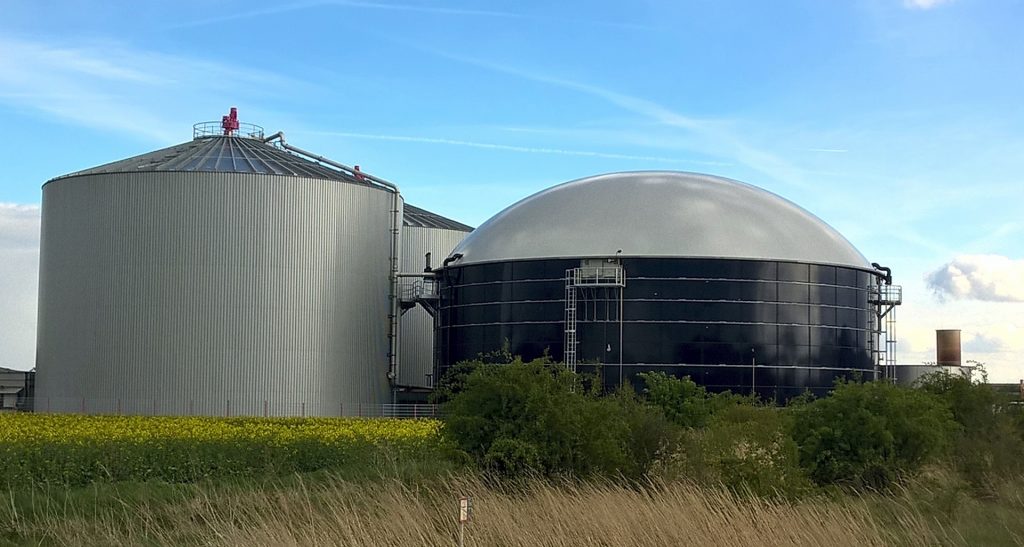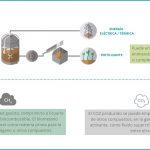On occasions, when one works in the biogas sector, inhibition problems may arise, which are normally difficult to solve. It is then that you wonder how to avoid inhibitions in anaerobic digestion and you begin to investigate books, publications, articles like this one, and even industry consultants.
Important aspects of biogas production
It must be clarified that the production of biogas is a complex process in which a variety of microorganisms are involved that are more or less sensitive to certain substances from the substrate itself (residue), some of which can accumulate and finally end up killing the microorganisms. that interest us, such as methanogenic, and, therefore, inhibit the anaerobic digestion process.
Before continuing, if you want to know more about what biomethane is and how it is produced, click here.
So, how to avoid inhibitions in anaerobic digestion?
To answer this question we must know what can cause us inhibition depending on the substrate with which we work. So below we will mention some examples of inhibitions in biogas production depending on the substrate:
- Due to ammonia: it can happen in substrates mainly of animal origin such as gallinaceous and manure, among others;
- By polyphenols: olive oil residue (vegetable water and olive pomace, mainly), wine residue, cork residue…;
- By pH: normally acids as in the case of dairy, tomato, olive oil residues…, although if a basification of the medium occurs (pH>= 8.5), which is very rare, it can also become inhibited the process;
- Due to heavy metals: sludge from WWTP, FORSU and sludge of industrial origin, among others;
- Presence of oxygen: this is due to a poorly sealed digester;
Solutions to inhibitions in biogas production
Some of these problems are solved with an adequate mix of substrates, that is, by co-digestion. Although it cannot always be done, so different preventive and reactive technologies have emerged in order to solve and/or prevent said inhibition problems.
Among them, Smallops technology stands out to avoid inhibitions in anaerobic digestion, which consists of 2 aspects:
- A pretreatment that manages to eliminate at least 84% of the polyphenols;
- A product (OPS) that increases the degradation of polyphenols by up to 24% in the digester and gives the medium a greater buffer capacity to avoid acidification;
If you want to know more about our solution on how to avoid inhibitions in anaerobic digestion, contact us here! It’s easy if they teach you how!
We will gladly assist you!




